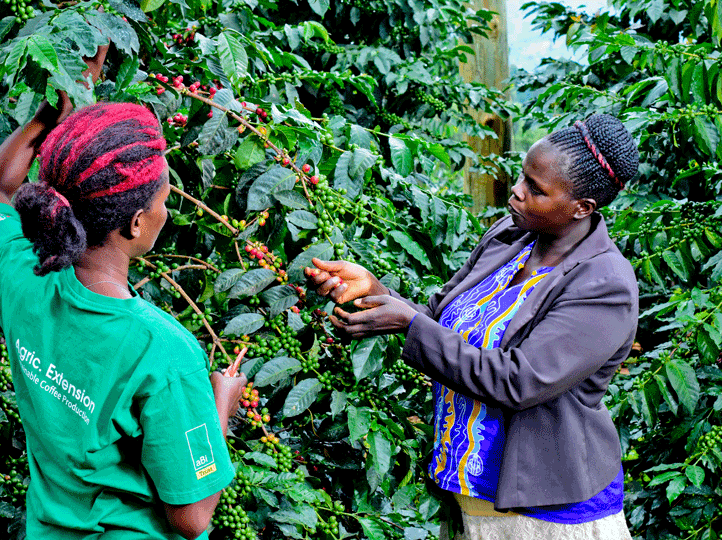- Home
- Origins
C-Market: $1.86 USD
as of 05/12/2023
- Offerings
Featured Origin
Mexico SHG
Vel posuere massa euismod pharetra sed erat velit ut sapien. Elit adipiscing quisque sit eget. Adipiscing viverra massa eros enim. Scelerisque sit interdum sit quis. Sit cursus mi semper dui malesuada neque quam senectus nulla. Dignissim in proin lacus vitae augue. Lectus morbi volutpat.
C-Market: $1.86 USD
as of 05/12/2023
- Categories
Featured Deal
Columbia Dulima
Vel posuere massa euismod pharetra sed erat velit ut sapien. Elit adipiscing quisque sit eget. Adipiscing viverra massa eros enim. Scelerisque sit interdum sit quis. Sit cursus mi semper dui malesuada neque quam senectus nulla. Dignissim in proin lacus vitae augue. Lectus morbi volutpat.
C-Market: $1.86 USD
as of 05/12/2023
- Home
- Origins
C-Market: $1.86 USD
as of 05/12/2023
- Offerings
Featured Origin
Mexico SHG
Vel posuere massa euismod pharetra sed erat velit ut sapien. Elit adipiscing quisque sit eget. Adipiscing viverra massa eros enim. Scelerisque sit interdum sit quis. Sit cursus mi semper dui malesuada neque quam senectus nulla. Dignissim in proin lacus vitae augue. Lectus morbi volutpat.
C-Market: $1.86 USD
as of 05/12/2023
- Categories
Featured Deal
Columbia Dulima
Vel posuere massa euismod pharetra sed erat velit ut sapien. Elit adipiscing quisque sit eget. Adipiscing viverra massa eros enim. Scelerisque sit interdum sit quis. Sit cursus mi semper dui malesuada neque quam senectus nulla. Dignissim in proin lacus vitae augue. Lectus morbi volutpat.
C-Market: $1.86 USD
as of 05/12/2023
$501.33


$100.00
Uganda RFA – Sironko Washing Station
About This Coffee
About This Coffee

At 1250 masl, the Sironko Coffee washing station sits in a unique location to accommodate arrivals from higher altitude farms up to 1850m along the slopes of Mt Elgon. Mt Elgon is an extinct volcano on the border with Kenya and is thought to be the oldest volcano on the African continent. The massive base and gentle slopes support thousands of smallholder farmers, with arabica coffee is cultivated across a broad band around the mountain between 1,200 and 2,200masl. Volcanic soils, plentiful rain, high altitude and abundant sunshine are all contributing factors to the excellent terroir of the Mt Elgon region and the subsequent exceptional cup quality.
Selectively hand-picked cherries arrive at Sironko Washing Station where they are subjected to quality and weight tests. Automatic floatation separates the cherries by density into 3 quality grades, with the densest cherries representing the highest quality. The selected cherries are then mechanically depulped and demucilaged. Farmers are trained to decompose the discarded pulp and use as composite fertilizer, while waste water is treated on site and used for plantain crops and demo-farms in the local area. The wet parchment is then mechanically dried. A variety of drying chambers and carefully regulated temperatures help maintain the quality of the coffee throughout this process. The first chamber consists of water drainage (skin drying) and lasts approximately 7 hours. This helps to eliminate any chance of quality deterioration associated with traditional fermentation & sun-drying. It takes between 21 and 48 hours total to dry the wet parchment to recommended moisture level of 12%.
| Country of Origin | Uganda |
|---|---|
| Region | Sironko, Mount Elgon |
| Producer Type | Washing Station |
| Farm Name | Various smallholders |
| Wet Mill | Sironko Budadiri |
| Processing | Washed |
| Processing Description | Mechanical driers |
| Growing Altitude | 1250m – 1850m |
| Harvest Season | 2021/22 |
|---|---|
| Bag Weight | 60 KG BAG |
| Bag Type | Grain Pro / Ecotact |
| Plant Species | Arabica |
| Variety | SL14, SL28, SL34, Nyasaland, KP142, KP630 |
| Certifications | Rainforest Alliance Certified (IP) |

History of Coffee in Zambia
The history of Zambian coffee seems familiar: men in Holy Orders of one sort or another arrive and plant seeds. But in the case of Zambia, missionaries did not introduce coffee farming until the 1950s. By the time commercial coffee production began in Zambia, the British had considerable experience in starting and operating coffee plantations in India, Kenya, and elsewhere. Planting coffee was an attempt to decrease a dependence on copper exports. Not surprisingly, the emphasis was on yield and production efficiencies. Plantations were large and orderly, grown in full sun on flat land, and processed in large wet mills wherever possible. Nevertheless Zambia made almost no appearance whatsoever on the world coffee stage until coffee was officially exported for the first time in 1985.
Growing Coffee in Zambia
The Northern province has the best conditions for arabica coffee cultivation in Zambia with its relative proximity to the equator and abundant altitude (Mafinga Hills being the highest point in the country at 2,300 masl). Most coffee grows from 1300 – 2300 masl. Zambia produces both washed and naturally processed coffee and has introduced some honey processing. A wide range of varieties including Catimor 129, Castillo, Java, and other trial varieties. Specialty grades are AAA, AA, AB and Peaberry.

Sample Roasting Guide
Consistency is key when sample roasting. Yet, your first crack won’t always happen at the same time, which makes it difficult to know when to end your roast. Use this guide to know when to discharge depending on how long it took you to reach first crack.

